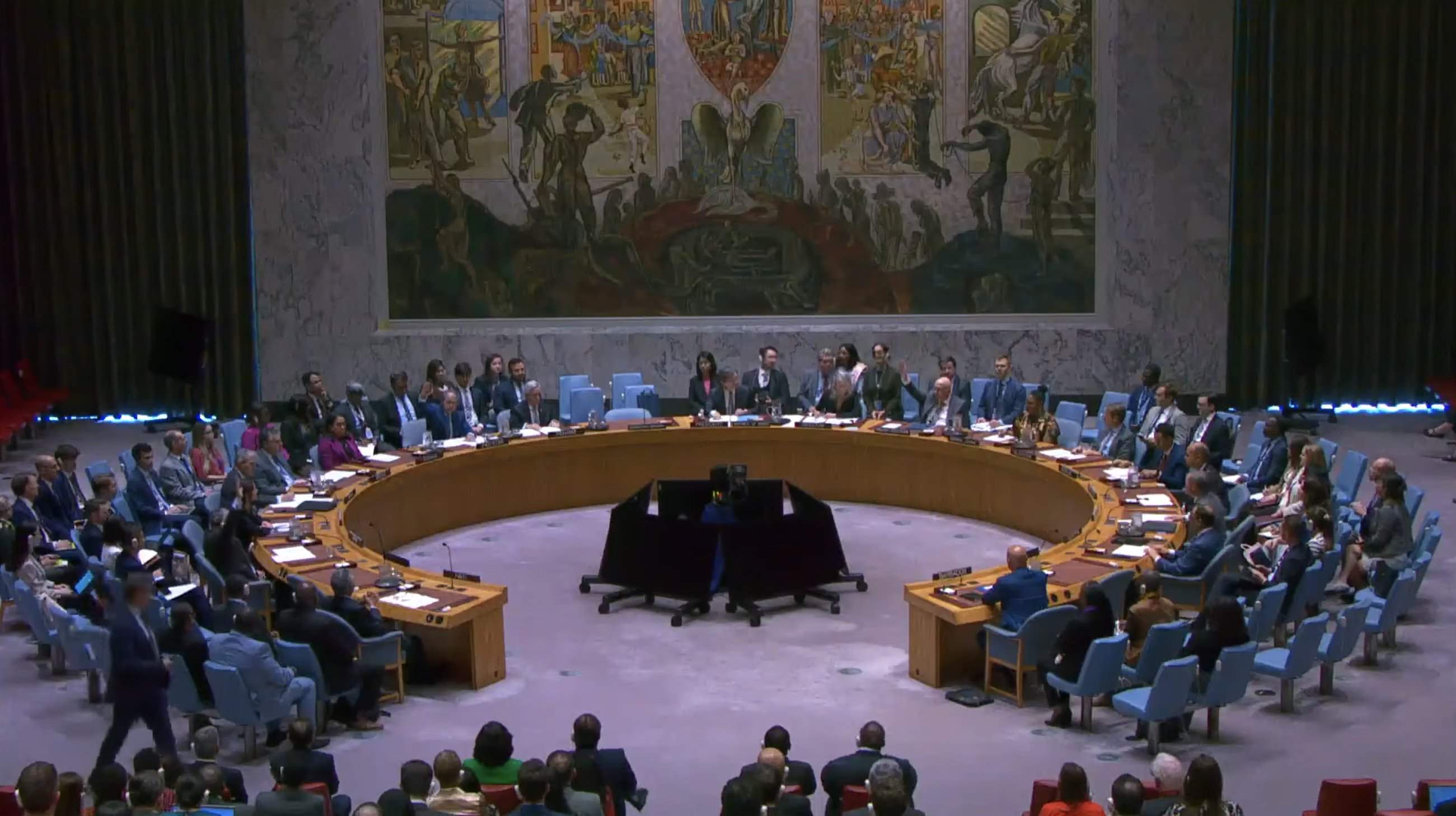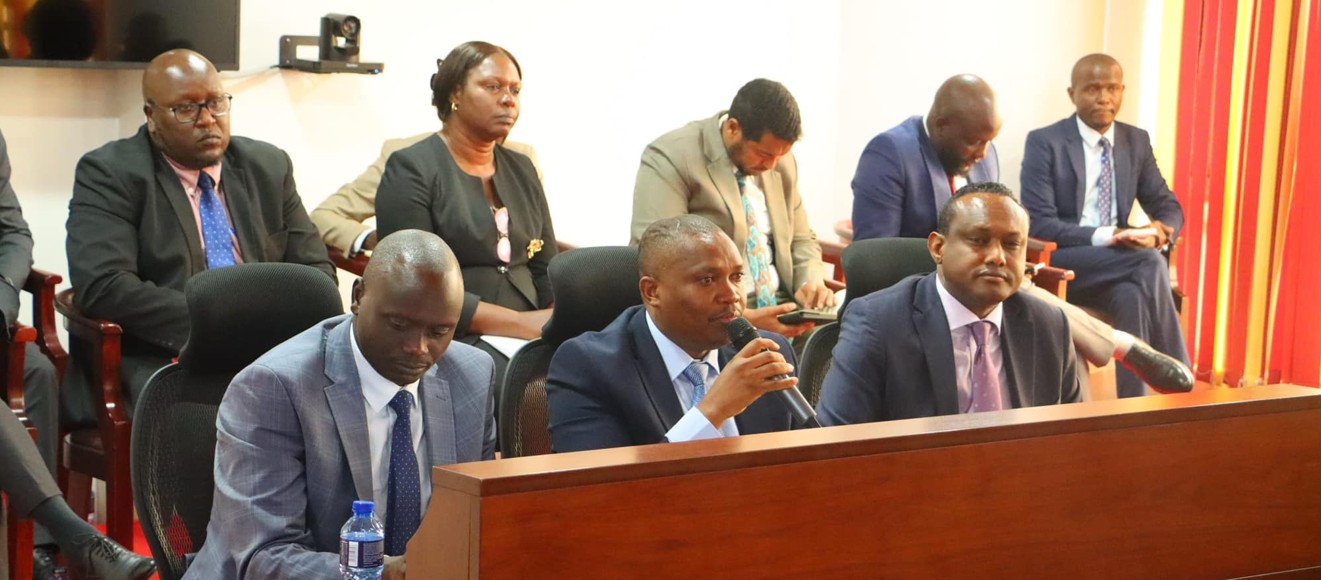LSK sues IEBC, EACC for failure to enforce MPs’ ethics code

LSK also wants a declaration that citizens are constitutionally bound to share information about the integrity of those seeking elective posts before the Independent Electoral and Boundaries Commission (IEBC) clears them to run for office.
The Law Society of Kenya (LSK) has gone to court seeking orders to compel State institutions to put in place a code of ethics for Members of Parliament, arguing that the absence of such rules has allowed impunity to thrive in politics.
The petition proposes that MPs who breach ethical standards should face criminal charges and lose their pay.
More To Read
- Kenyans urged to trust new IEBC team as commission unveils measures for transparent 2027 vote
- ‘Change begins with us’: Young Kenyans embrace voter registration to challenge failed leadership
- IEBC resumes voter registration as political heavyweights eye 2027 General Election
- IEBC declares preparedness for November 27 mini-polls as Treasury releases funds
- New Bill proposes Sh5 million fine for false wealth declarations in State appointments
- Activist sues EACC, DPP, KICC boss over alleged illegal arrest and detention
In the case filed at the High Court, LSK is asking the court to direct the Ethics and Anti-Corruption Commission (EACC) and the Registrar of Political Parties to come up with a framework that specifically addresses the conduct of legislators and other politicians.
The society says the Constitution already demands accountability and integrity from public leaders, but institutions responsible for enforcement have failed to act.
LSK also wants a declaration that citizens are constitutionally bound to share information about the integrity of those seeking elective posts before the Independent Electoral and Boundaries Commission (IEBC) clears them to run for office.
According to the petition, Kenyans continue to be led by individuals whose character was already questionable even before they were elected.
The petition accuses oversight agencies of failing to apply integrity laws consistently, despite repeated calls for stricter scrutiny.
It cites the 2022 elections when the EACC sought to block 241 aspirants facing corruption or integrity queries, most of whom were later allowed by the IEBC to contest.
LSK says this showed the lack of a clear and enforceable code of conduct to hold leaders to account.
The bodies named in the suit are the EACC, IEBC, Registrar of Political Parties, Parliamentary Service Commission (PSC), National Cohesion and Integration Commission (NCIC), and the Attorney-General.
LSK faults them for neglecting their duty to ensure only leaders of good standing occupy public office.
“None of the respondents has made an effort to proactively and thoroughly vet the integrity of individuals seeking or actively holding elective positions,” LSK says in the petition.
It adds that since the 2010 Constitution came into effect, there has been no tailor-made code of ethics to complement the Leadership and Integrity Act and the Public Officer Ethics Act.
The petition notes that the process of vetting leaders has often produced flawed outcomes.
“In the 15 years of our Constitution’s existence, these respondents have failed despite receiving significant public funds. The result is a culture of haphazard, escalating, and incendiary behaviour in politics that has not been addressed,” the society states.
Other Topics To Read
It further argues that institutions tasked with upholding integrity have allowed a culture of impunity to thrive.
According to LSK, the Leadership and Integrity Act requires public officials to respect the rule of law, conduct themselves professionally, and safeguard public confidence, yet these standards have rarely been enforced in politics.
The petition asks the court to order that tougher sanctions be introduced against errant leaders. It proposes that the PSC and the Salaries and Remuneration Commission be barred from processing salaries and allowances for public officials found to have violated integrity standards.
“The instant such misconduct is verified, elected officials should forfeit their positions and be stripped of taxpayer-funded benefits,” the petition reads.
The respondents are yet to file their responses to the petition. Should the case succeed, it could create stronger accountability for politicians and reinforce the integrity provisions of the Constitution at a time of widespread public anger over corruption and impunity.
Top Stories Today














































